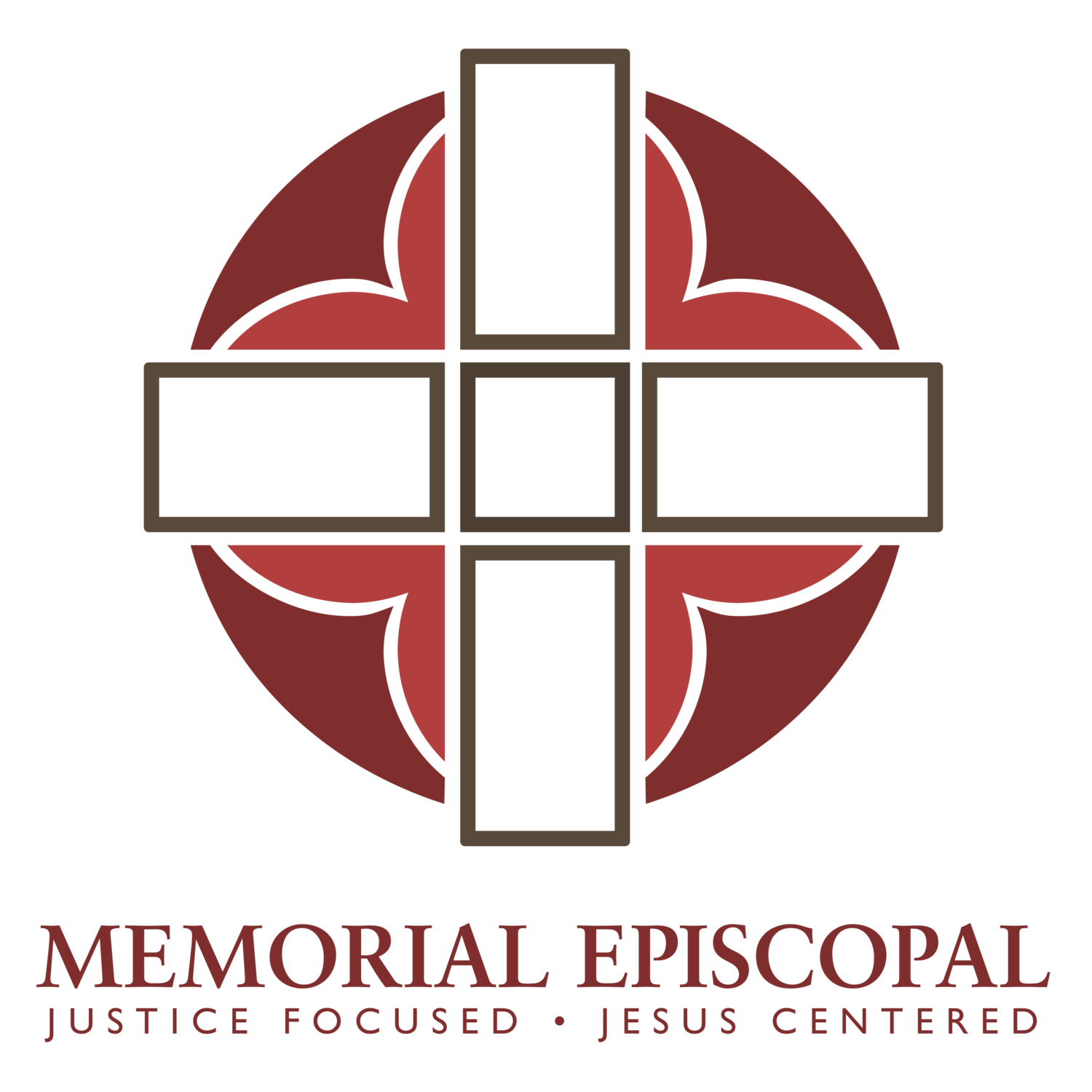The View From Bolton St
Reflection — Diocesan Convention - Memorial
If you remove the yoke from among you,
the pointing of the finger, the speaking of evil,
if you offer your food to the hungry
and satisfy the needs of the afflicted,
then your light shall rise in the darkness
and your gloom be like the noonday.
The Lord will guide you continually,
and satisfy your needs in parched places,
and make your bones strong;
and you shall be like a watered garden,
like a spring of water,
whose waters never fail.
Your ancient ruins shall be rebuilt;
you shall raise up the foundations of many generations;
you shall be called the repairer of the breach,
the restorer of streets to live in.
Isaiah 58 9-12
This week the Diocese gathers for our annual Diocesan Convention at the Turf Valley resort outside of Baltimore. Also this week, our Bishop, The Rt. Rev Eugene Sutton issued a Pastoral Letter to the Diocese on the issue of Reparations. You can read the whole letter here. This is significant for a number of reasons, not the least of which is because Diocesan Convention has often been the site of very different attitudes around race. It took almost a hundred years for African American Clergy to be given voice and vote at convention, and many of our Historically black parishes were kept in mission status (including our neighboring parish St. Katherine’s) in order to prevent them from voting at convention.
The Diocesan Convention also refused for many years to vote to integrate Diocesan Institutions, including schools, hospitals, senior homes and after school programs. These institutions weren’t integrated until more than then years after Brown v. Board of Education.
So it is important that the Diocese, and all of our parishes, take this letter seriously and spend time to ‘read, mark and inwardly digest’ this letter and what it means for us as a parish.
Now you may have some reservations, even animosity towards the idea of reparations. This is completely understandable. The biblical concept of reparations has been so poisoned by the public dialogue around the concept that it is almost impossible to talk about in public. None of that should matter for us. What DOES matter for us is that we are exploring the question not of ‘reparations’ as you read about in the New York Times or hear about on Fox News - but we are talking about ‘Repairing the Breach’ as Isaiah talks about in verse 58 above.
Repairing the Breach is acknowledging a broken relationship and taking the steps to heal and restore the division and bridge the gap. Scripture is replete with imagery - from Joseph and his brothers, to Ezra and Nehemiah reuniting Israel by rebuilding the walls of Jerusalem, to Jesus’ work with the outcasts of Israel to bring them back into community with each other and with God. But the most important biblical imagery (and scariest) is that of Lazarus and the rich man. If you remember this story, Lazarus begs outside a rich mans door every day and every day he is rejected. Many years later they both die and Lazarus is in Heaven with Elijah and the rich man goes to Hades. And the scripture reminds us that ‘a chasm was FIXED between them.’ There was no more reparation possible. The breach was permanent.
We do not want our breaches to be permanent. We should all engage in some thoughtful work on how to repair and restore those relationships, especially those relationships and communities damaged by America’s Original Sin - Slavery.
I commend this letter to your reading and hope you will read it openly and courageously. And perhaps contemplate what it means for us all.
